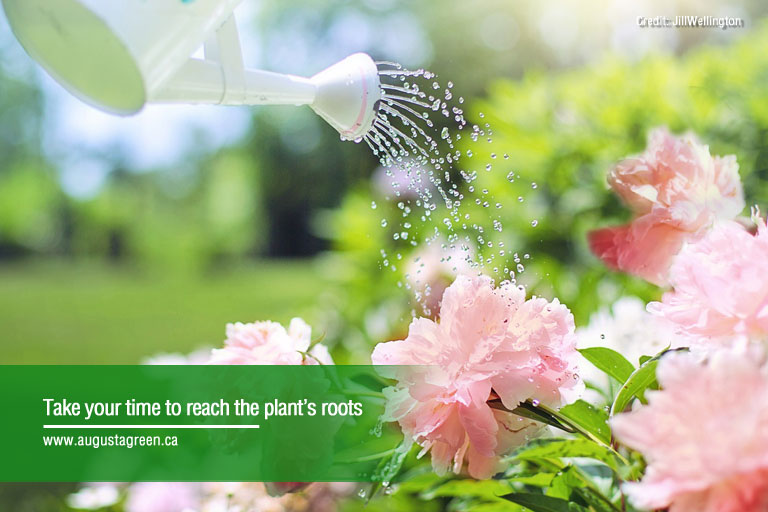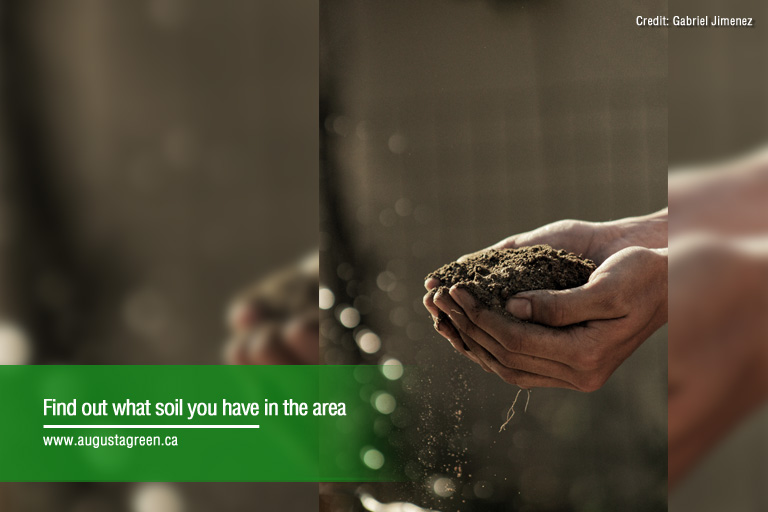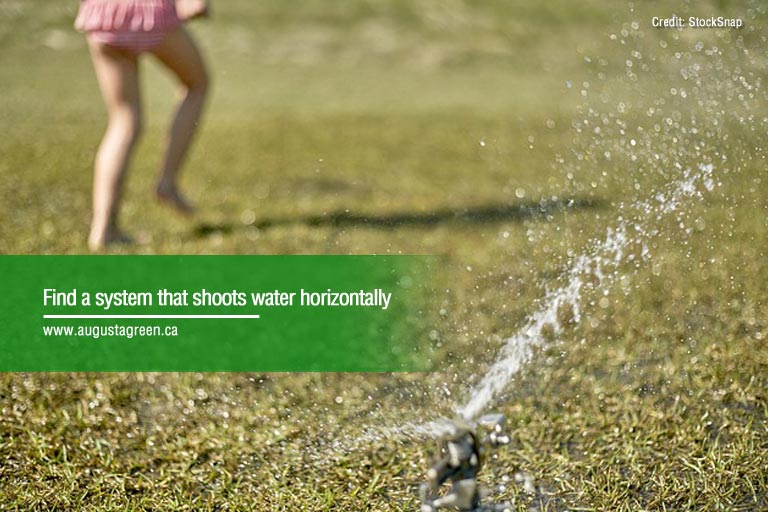Your plants always need enough water to stay alive, much less grow healthy. That’s particularly true in summer when the heat means your plants need more water to stay green. Improper watering techniques can be ineffective or even harmful.
When it comes to irrigating your lawn and garden properly, it helps to know what you’re doing at all times. Having the proper know-how for your sprinkler system can make a world of difference. Try some of these irrigation tips to make watering your garden easier and more effective.

Water every morning – During summer, it’s more important than ever that you find the best time to water your garden. Ideally, do it early in the morning (before 10 A.M.) to avoid the worst of the heat. The cooler conditions keep evaporation to a minimum for more efficient watering. As the day gets hotter, the water also helps keep the lawn cool, putting less stress on your plants. Late afternoon may sound like another perfect time to do your watering, but avoid doing so. Watering late in the day can leave the lawn wet overnight until the next sunrise. These damp conditions can encourage the growth of fungus and plant disease. Stick to the morning to get better results for your plants.

- Water more deeply – When watering, make sure you water deep enough to reach the roots. A healthy root system reaches around 15 centimetres into the ground. Take your time during watering sessions to give the water time to soak deeply into the soil. If you see runoff, try using the screwdriver test to check that your lawn is getting ample water. After watering, test how deeply the screwdriver’s blade penetrates the soil. If it reaches 15 centimetres deep, your yard should be getting enough water.
Another thing to take note of is whether the water is reaching the roots. Ensure that your sprinklers are directing water at the roots, not the foliage. - Water infrequently – Deep watering goes hand in hand with less frequent watering. Many homeowners tend to water the lawn every day. However, it’s possible to overwater the plants if you do it too often. Overwatering can drown plants by making it hard for the roots to “breathe.”
Stick to watering every few days, making sure you reach the roots with every session. Watch for signs that you’re overwatering your garden. Some clues include mushroom growth, puddles in the yard, and excess runoff. Adjust your watering system immediately when you find these indicators to make your plant care more efficient each time you water. - Water your lawn evenly – Ensuring even distribution of water across the garden can help save water and give all your plants the water they need. Check your sprinkler system to make sure they distribute water evenly by using the tin can method.
Place cans throughout the area you’re watering. Turn the system on for around 30 minutes, then view the water in each can. If it’s the same, your system is probably fine. If not, adjust the sprinklers to help get a more uniform distribution. - Know your soil – Find out what soil you have in your area. Different types of dirt absorb and retain moisture differently, which can affect when to water your plants. For example, sandy soil absorbs water quickly and needs watering more frequently. In contrast, clay soil absorbs water very slowly and can cause runoff when watered. However, it also takes longer to dry out, requiring less frequent watering.
Consult your local nursery for watering tips for the area. Knowing a little about the properties of your soil can help you improve your system for watering. For example, you can be more accurate about how often you need to water, and for how long each time. - Conserve your water – It’s always a good idea to save water, especially during the summer. There are plenty of tools you can use to cut down on how much water you use when caring for your plants. For example, consider getting smart timers and sensors to help make your sprinkler system more precise. Your sprinklers can be synchronized to the timer to start and stop at certain times of the day. Use them to ensure your garden gets its water, even when you forget to do it yourself.
Alternatively, you can use a moisture sensor to make your watering more accurate. The sensor can start the system when the amount of water gets too low, and stop when your plants have had enough. Some devices can also measure flow rate to help you find out just how much water your garden needs without overwatering. - Invest in more efficient irrigation systems – Lawn sprinklers are a smart investment when it comes to watering your lawn. They’re generally capable and can do well over the long run. However, some systems are more effective than others. Consider switching to localized irrigation or high-efficiency sprinkler nozzles to save more water. A drip system can deliver water more directly to your plants’ roots without wasting water. More efficient nozzles can provide the same coverage with less water.
If you don’t have a sprinkler system, a pulsating, revolving sprinkler attached to your hose is the next best thing. A pulsating sprinkler shoots water horizontally at high speeds. Water is less vulnerable to wind and evaporation when distributed this way.
- Use plenty of mulch – Mulch is generally a must-have for growing plants, especially young ones. It has other benefits that serve your garden well. Mulch helps plants conserve precious water by cooling the soil, reducing runoff, and keeping the soil moist between waterings. Keep giving your plants a healthy amount of mulch, even after they’ve set down roots and integrated into the garden. Add a layer around 5 – 7 centimetres thick.



Plants need more water than ever in summer, especially in the case of drought. Taking these measures can go some way toward keeping your garden healthier. Consider getting new additions for your irrigation system to conserve water. New parts like better nozzles and timers can make watering the yard more efficient.
Adjust your methods and find more effective ways of doing the watering during the hotter months. For example, water more deeply and less frequently to ensure the water hits the roots and encourages better growth for your plants. Keep these ideas in mind to make irrigating more efficient during summer.
Augusta Green Sprinklers is a company you can trust for effective solutions for landscape irrigation. Taking care of your yard in summer is an important job, and we have the right products and services to help you get it done. We pride ourselves on providing expert assistance in installing and upgrading your lawn sprinkler systems. Give us a call at (416) 227-1666 for a free estimate and consultation.

